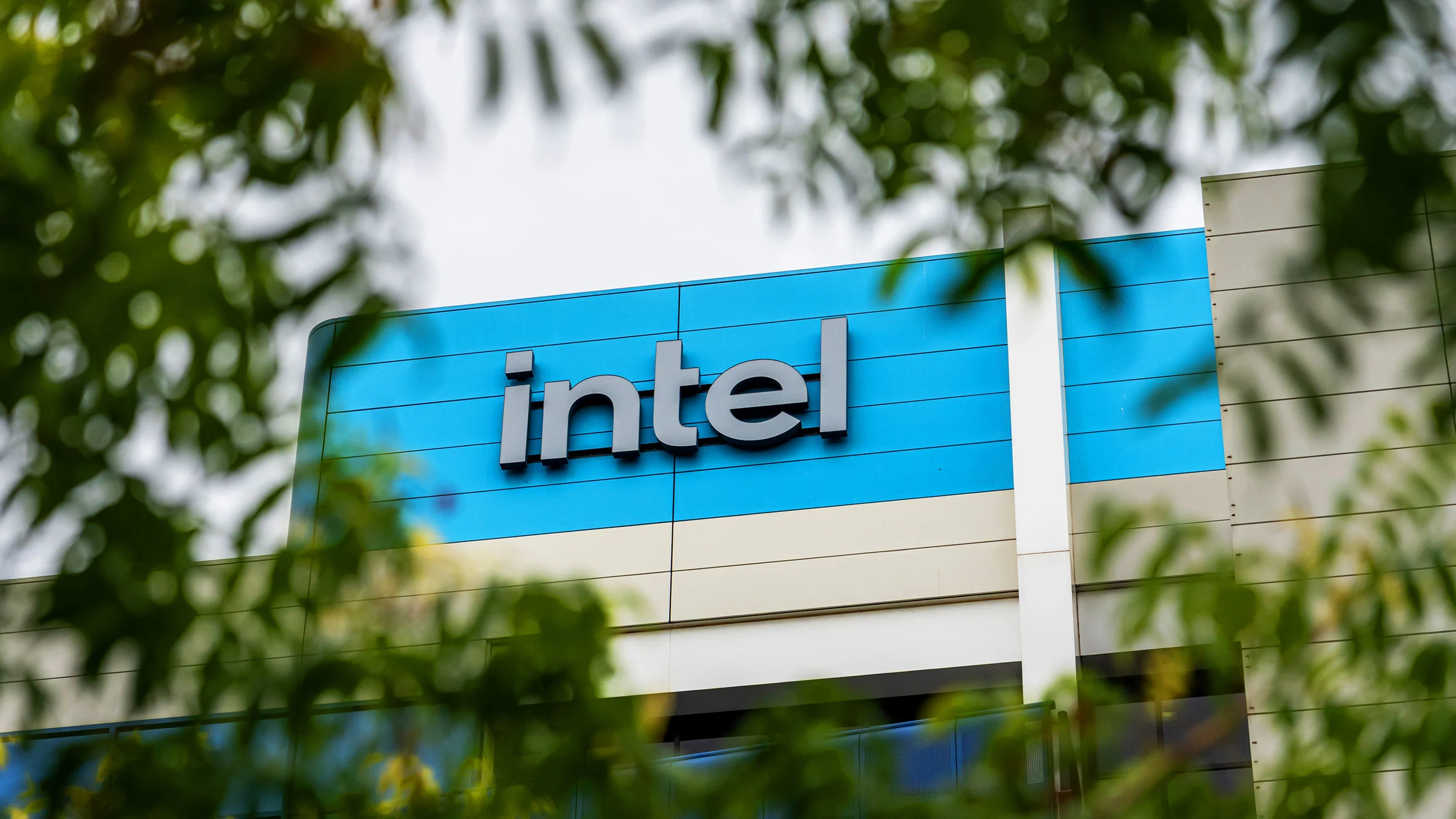
"Donald Trump surprised many in August when he made the government the owner of 9.9% of the troubled U.S. chip maker Intel. The administration paid for the Intel equity using $8.9 billion of the Biden administration's CHIPs and Science Act grant money that had already been earmarked for Intel. The new grant money comes on top of the $2.2 billion in CHIPS Act grants Intel already received, bringing the government's total investment to $11.1 billion."
"Intel's finance chief David Zinsner said the government's investment is meant to incentivize Intel to keep majority control over its contract chip-fabrication business. As part of the deal, the government gets a five-year warrant to buy 5% more Intel shares if the company's ownership of its chip foundry operation falls below 51%. What would a newly elected Democratic administration do with the government's stake? Chances are good that it would keep it."
"Interestingly, it was a pair of high-profile progressives-Bernie Sanders and Elizabeth Warren-who originally suggested the government take an ownership stake in chip companies that took CHIPS Act grants. They proposed an amendment to the CHIPs Act that would have required grant recipients to "issue warrants or equity stakes to the Federal Government," as Sanders put it in floor remarks in July of 2022."
The government acquired a 9.9% stake in Intel by converting $8.9 billion of CHIPs and Science Act grant money, adding to a prior $2.2 billion for a total $11.1 billion investment. The investment is designed to incentivize Intel to retain majority control of its contract chip-fabrication business and includes a five-year warrant allowing the government to buy an additional 5% if foundry ownership drops below 51%. A future Democratic administration would likely keep the stake. Progressives had proposed requiring CHIPS recipients to issue warrants or equity to the federal government, but the amendment did not pass and faced opposition citing competitiveness risks.
Read at Fast Company
Unable to calculate read time
Collection
[
|
...
]